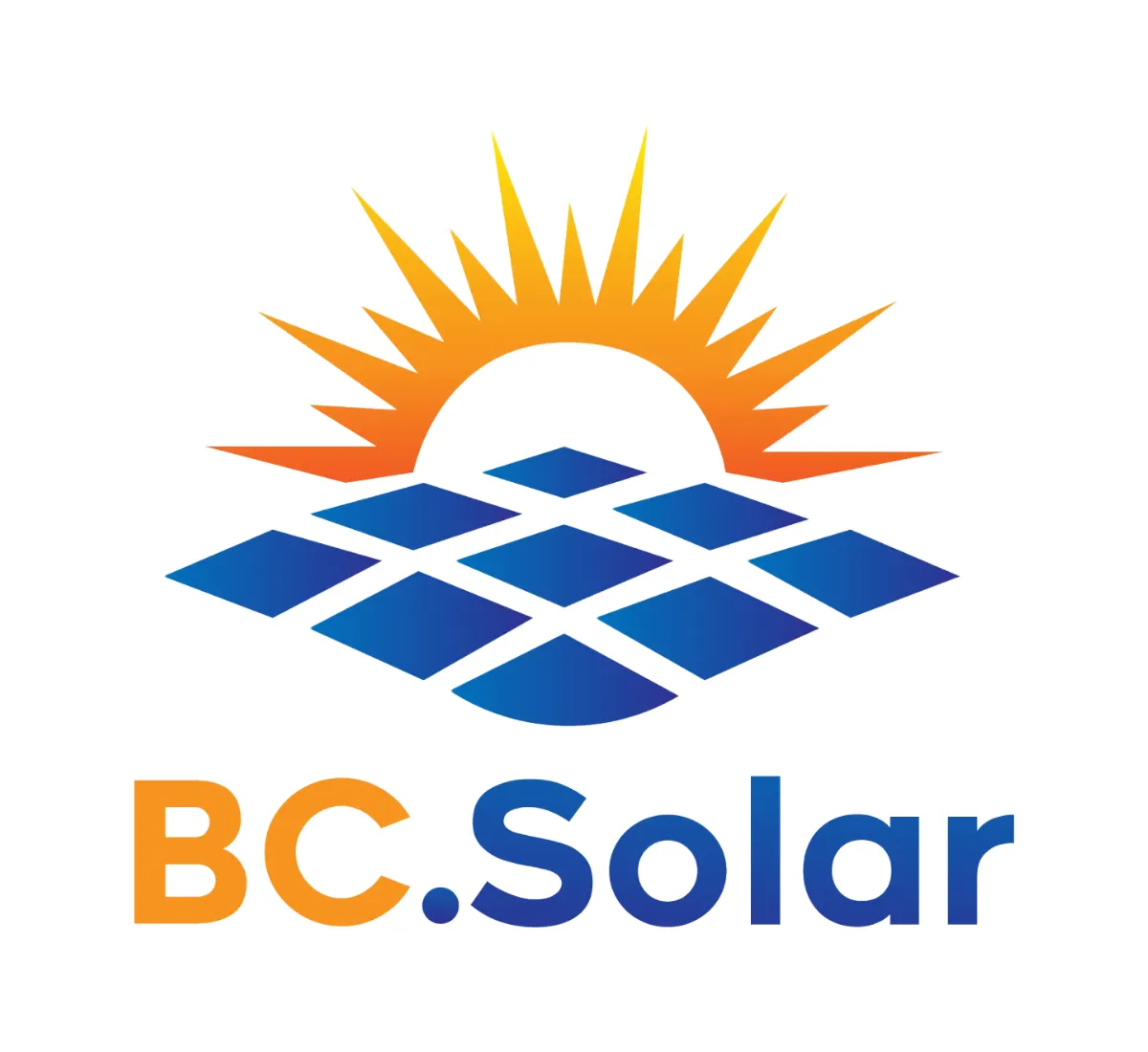
What to Expect During Your Solar Inspection and Utility Approval
What to Expect During Your Solar Inspection and Utility Approval in Ohio
Installing solar panels on your home is a big step toward energy independence and long-term savings. But before your system can go live in Ohio, it must pass a series of inspections and receive utility approval.
Here's what you can expect when working with BC Solar for your residential solar panel installation in Columbus and surrounding areas.
1. Building and Electrical Permits
Before anything is installed, we submit your permit applications to your local jurisdiction. In Ohio, you'll typically need:
A building permit for structural approval
An electrical permit for the system wiring
Both permits must meet Ohio Building Code standards, and for rooftop installations, structural drawings may need to be sealed by a licensed engineer.
BC Solar handles this entire permitting process for you.
2. City and Zoning Review
Some cities, like Cleveland, require additional zoning reviews for:
Historic homes
Ground-mounted systems
Properties in special design districts
Our team ensures all zoning documentation is accurate and complete.
3. Utility Interconnection Application
To connect your system to the grid and receive net metering credits, your utility (such as AEP Ohio or FirstEnergy) needs to approve an interconnection agreement.
This includes:
A one-line electrical diagram
Site plan
Technical specs on your inverter and panels
This process can take up to 30 days, so we file early to keep your project on track.
4. Solar Inspection Process
Once the system is installed, you'll go through two main inspections:
Electrical Inspection: Ensures proper wiring, grounding, and NEC compliance
Final Inspection: Verifies that all equipment is installed per plan and code
BC Solar coordinates directly with your city inspector. For most homes, these inspections are quick and straightforward when handled professionally.
5. Utility Final Approval and Meter Swap
After passing inspection, your utility will:
Review the inspection results
Replace your meter with a bidirectional net meter
Issue formal permission to operate (PTO)
From that point, your system is fully live, and you start generating your own solar energy.
FAQs
How long does it take to get solar approved in Ohio?
Typically, 2 to 4 weeks for permits, and 1 to 3 weeks for utility approval after inspection.
Does every city in Ohio follow the same process?
No. Permit fees, timelines, and inspection steps can vary by city. That’s why having a local expert like BC Solar matters.
Do I need batteries for inspection approval?
Not required—but if you're adding battery storage, we’ll ensure the inspection covers that as well.
With BC Solar, you won’t be left wondering what’s next. We walk you through each step—permits, inspections, utility paperwork—so you can focus on the benefits of clean, reliable power.
We believe in doing the right thing, every step of the way.
Need help navigating your solar inspection and approval?
📞 Call us at (614) 442-9700
📍 Visit us: 777 Busch Ct, Columbus, OH 43229
🌐 Learn more: bc.solar